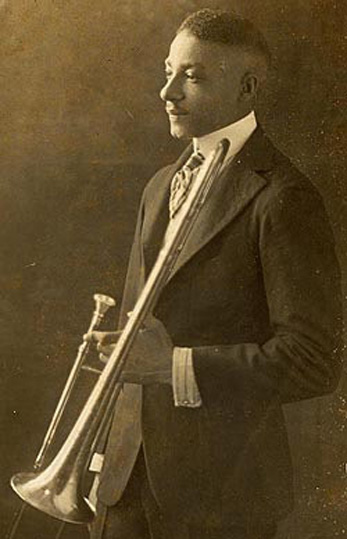In Celebration of the Human Voice - The Essential Musical Instrument
Home | Doo Wop | Barbershop | World | Contemporary | Christian | Vocal Jazz | Choral | Christmas | Instructional | Arrangements
Classical | Opera | Musicals | Personality | Young Singers | Disney | Videos | Songs | The Artists

William L. Dawson Biography

Click Here for Sheet Music and Songbook Vocal Arrangements
African American composer, performer, and music educator William Levi Dawson (1899-1990) used the rich vitality of his musical heritage as a basis for all types of music, including arrangements of folk songs and original compositions. William Levi Dawson was born on September 26, 1899, in Anniston, Ala. At the age of 13 he entered Tuskegee Institute and graduated in 1921 with first honors. He received the bachelor of music degree from the Horner Institute of Fine Arts in Kansas City, Mo., in 1925. He studied composition under Felix Borowski at the Chicago Musical College and under Adolph Weidig at the American Conservatory of Music. In 1927 he received the master of music degree from the American Conservatory of Music in Chicago. Dawson's membership in the band and orchestra at Tuskegee had been excellent professional preparation for serving as first trombonist with the Chicago Civic Orchestra from 1926 to 1930. In 1929 he won the Chicago Daily News contest for band directors, and in 1930 Wanamaker Contest prizes for the song "Jump Back, Honey, Jump Back" and the orchestral composition "Scherzo." In 1931 Dawson became director of the School of Music at Tuskegee. From 1932 to 1933 Dawson conducted the institute's 100-voice a cappella choir in a month's engagement at the opening of the International Music Hall of Radio City, and in concerts at Carnegie Hall, New York City, the White House, and another at Constitution Hall, both Washington, D.C., and in a series of national and international broadcasts. In 1934, under the sponsorship of the President of the United States and the State Department, the Tuskegee Choir made a concert tour of international and interracial good will to the British Isles, Europe, and the former U.S.S.R. Leading critics in America and abroad praised the choir highly. Dawson had wide experience as a director and consultant to festival groups. In 1956 Tuskegee Institute conferred upon him the honorary degree of doctor of music and he was sent by the U.S. State Department to conduct various choral groups in Spain. Although Dawson's choral arrangements were popular, he was best known for his Negro Folk Symphony, which had its world premiere by the Philadelphia Symphony Orchestra under Leopold Stokowski (1934). In this work the composer used melodic and rhythmic language borrowed from Negro spirituals, along with original material in the same idiom. The symphony was imaginative, dramatic, and colorfully orchestrated. In 1952 Dawson visited seven countries in West Africa to study indigenous African music. He later revised the Negro Folk Symphony, infusing it with a rhythmic foundation inspired by African influences. Dawson was guest conductor with the Kansas City Philharmonic Orchestra (1966), the Nashville Symphony Orchestra (1966), the Wayne State University (Michigan) Glee Club (1970), and the Baltimore Symphony Orchestra (1975). He was named to the Alabama Arts Hall of Fame in 1975, and received the Alumni Merit Award from Tuskegee Institute in 1983. He died on May 4, 1990. |
Select a Category |
Want to Sing? - Find a Chorus Near You
List of Choruses by State | List of Choruses by City
